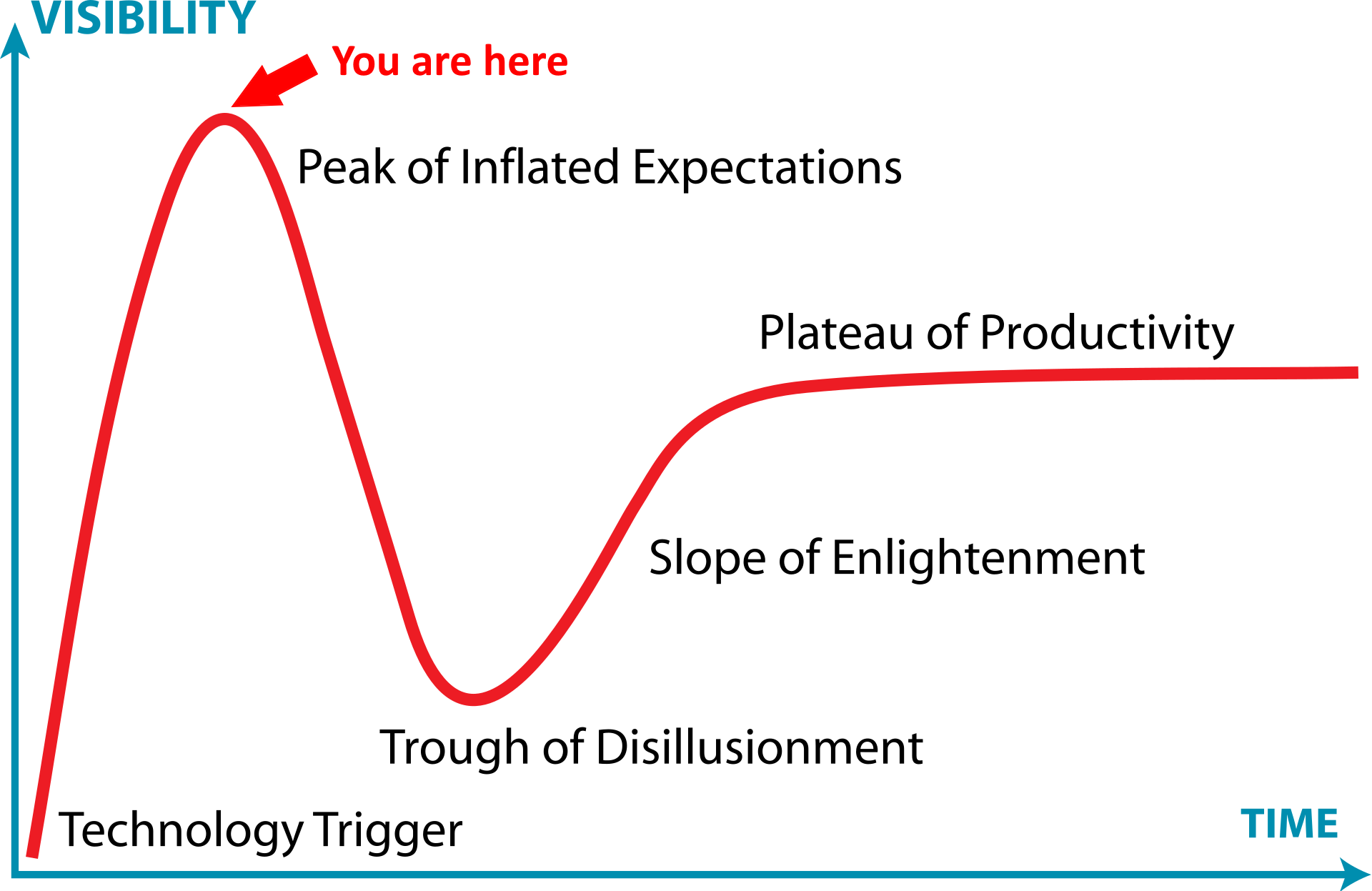

As with most things, it gets easier with practice. After enough practice, you’ll find many of the actions and reactions of driving will become habits you do automatically. Which is one of the reasons it’s a good idea to practice good habits now, as practice makes permanent. Take your time, and try to be predictable to other drivers (use your signals, don’t make radical maneuvers). And don’t let the assholes who think the horn is an “I’m annoyed at you” button get to you. Fuck them and the camel that came on them. Take your time and make sure you are driving your car in a way you can control.
As for learning on a manual, yes that increases the difficulty. Depending on the specific vehicle, it can make it easier or harder. Some clutches will let you get away with murder, others will murder you for being less than perfect. Many years ago, my brother owned a car with a clutch that was just brutal. It would go from “not engaging” to “fully engaged” within the slightest movement. My truck, on the other hand, the clutch was so forgiving, you damn near couldn’t stall it. Thankfully, I learned to drive a stick on my truck and when I tried my brother’s car, it took a lot less time to get used to it. As above, take your time and it will come to you with practice.













The filibuster doesn’t really enter into it. Article I, Section 3 of the Constitution requires a 2/3 majority to convict:
The only positive fact about Thomas’s tenure is that the guy is 76 years old. The actuary tables look worse and worse for him every year.